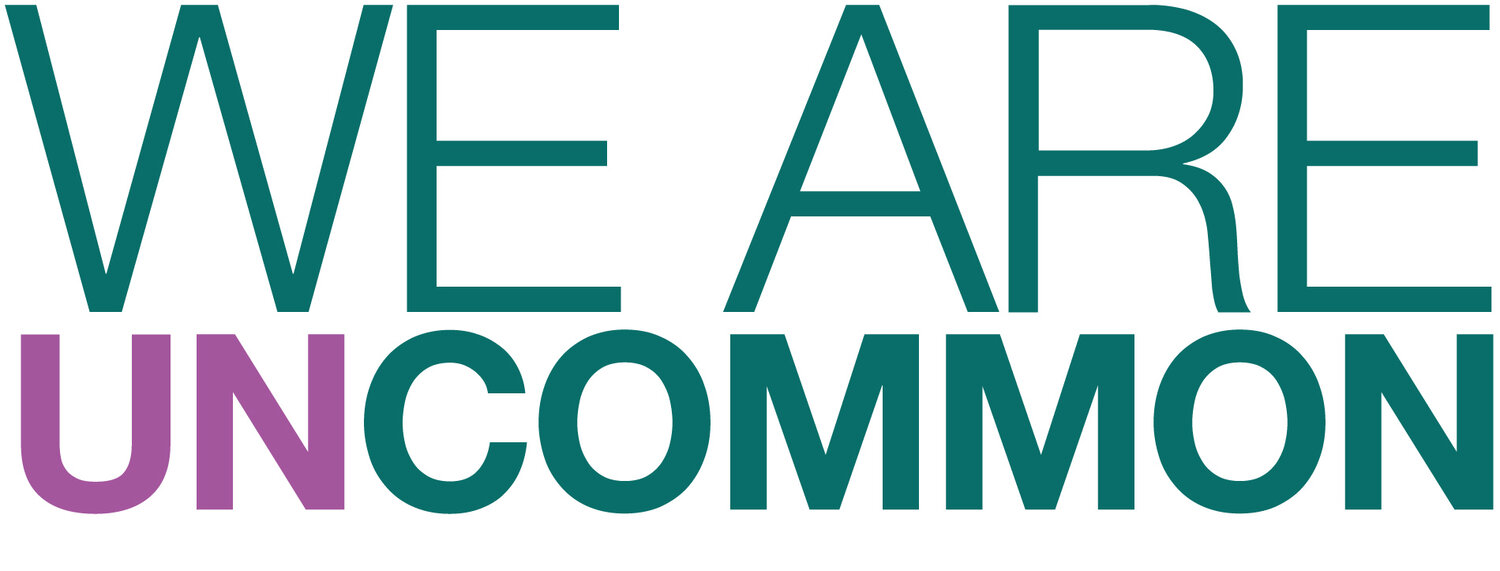National Freelancers Day - a step by step guide going freelance
1. Consider your business structure
When setting up a new business, you have to decide if you're going to be a sole trader, limited company, or partnership.
2. Choose a business name
You need to work out whether it's a sole trader/partnership or a limited company name. Check available domain names via any of the domain name registration sites; for example 123-reg.co.uk. For SEO purposes, consider adding in your key service to the domain name. Design your branding/visual identity - something that will differentiate your company from the competition.
3. Open a business bank account
This is to keep invoices and payments in order, I'd recommend setting up a separate account ASAP.
4. Accounts and bookkeeping
One of the most important aspects of running any business is the accounts function, so set up a financial bookkeeping system immediately. Keep records of your invoices and payments at the end of every month.
5. Taxes, National Insurance, and VAT
In terms of making things official, you'll have to register as self-employed with HM Revenue & Customs (HMRC) if you're a sole trader and you'll have to pay income tax and National Insurance contributions.
6. Working from home?
If you're going to be a homeworker, you must contact your local authority to find out whether you need to pay any business rates.

